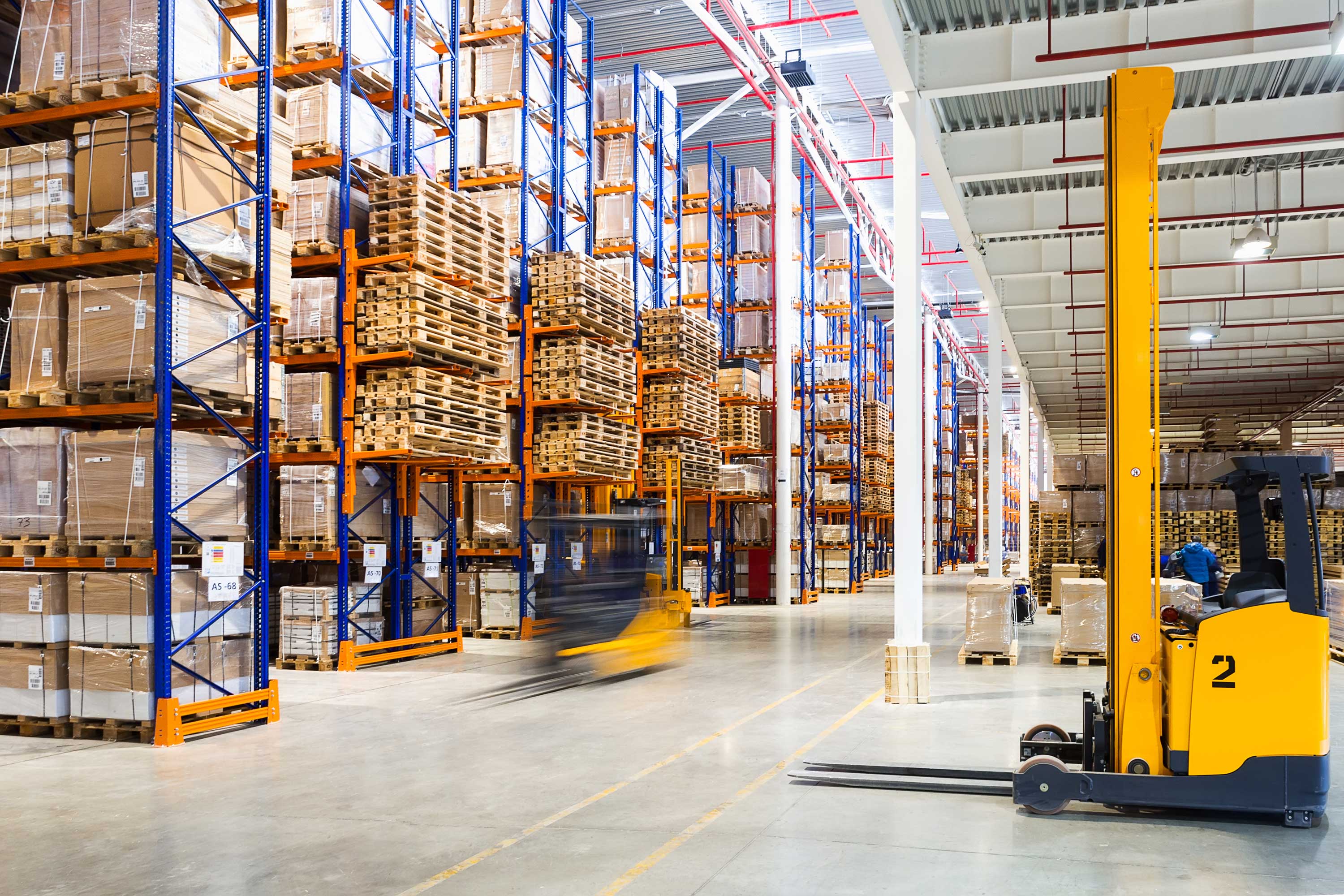Saudi Arabia has seen rapid economic growth in recent years, leading to increased demand for storage and warehousing solutions. With the expansion of trade, e-commerce, and industrial sectors, businesses require efficient logistics services to store and manage goods. The storage and warehousing industry plays a crucial role in ensuring a smooth supply chain, meeting the needs of both local and international businesses.
Importance of Storage and Warehousing

The need for reliable storage and warehousing in saudi arabia services has grown due to several factors. Companies in Saudi Arabia rely on advanced storage solutions to keep their goods safe and ensure timely distribution. Whether it's retail, pharmaceuticals, food, or manufacturing, proper storage and warehousing facilities help businesses reduce losses, improve inventory management, and optimize operations.
Types of Storage and Warehousing Facilities
Saudi Arabia offers different types of storage and warehousing facilities to meet industry-specific requirements:
- General Warehouses – These facilities store goods for various industries, providing space for bulk storage and distribution.
- Cold Storage Warehouses – Used for perishable goods such as food, pharmaceuticals, and chemicals, maintaining specific temperature conditions.
- Bonded Warehouses – These are used for imported goods that require customs clearance before entering the market.
- Automated Warehouses – Equipped with advanced technology such as robotics and AI, improving efficiency and reducing manual labor.
- Distribution Centers – These centers help businesses quickly transport goods to different locations within the country.
Strategic Location Advantage
Saudi Arabia's geographical position makes it a key logistics hub. The country connects major global trade routes, providing excellent opportunities for storage and warehousing businesses. Cities like Riyadh, Jeddah, and Dammam have well-developed industrial zones with modern storage facilities. The presence of major seaports, airports, and road networks supports seamless distribution across the region.
Technology and Innovation in Warehousing
The storage and warehousing industry in Saudi Arabia is undergoing a transformation with the adoption of modern technology. Businesses are investing in automation, AI-driven inventory management, and IoT-based monitoring systems. These innovations help improve efficiency, reduce human errors, and enhance security in storage operations.
Government Support and Investment
The Saudi government has launched initiatives to boost the logistics sector as part of Vision 2030. Several policies encourage investment in storage and warehousing, including tax benefits, infrastructure development, and regulatory reforms. The Kingdom is also developing logistics hubs and industrial cities to support growing demand.
Challenges in the Storage and Warehousing Sector
Despite rapid growth, the storage and warehousing industry in Saudi Arabia faces some challenges:
- High Operational Costs – The cost of land, utilities, and labor can be high, affecting warehouse profitability.
- Extreme Climate Conditions – Heat and humidity require specialized storage solutions, especially for temperature-sensitive goods.
- Skilled Workforce – The industry needs trained professionals to handle advanced warehousing technologies efficiently.
Future of Storage and Warehousing in Saudi Arabia
The future of storage and warehousing in Saudi Arabia looks promising. The rise of e-commerce, international trade, and government-backed projects will continue to drive demand for efficient logistics solutions. Companies investing in smart warehouses, automation, and sustainable storage practices will have a competitive edge.
As the country strengthens its position as a global trade hub, the storage and warehousing sector will play a vital role in supporting business growth and economic development.
Comments on “Storage and Warehousing in Saudi Arabia: A Growing Industry”